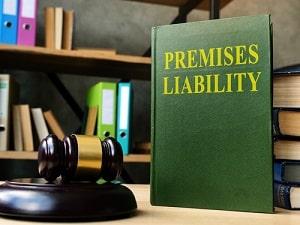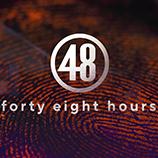When Is a Commercial Property Owner Liable for an Injury?
Posted on November 23, 2020 in Personal Injury

If you or a loved one were injured on a commercial property in Connecticut, you may have questions about who is legally responsible for the injuries. Premises liability laws govern property owners’ liability for injuries that occur on their properties. Property owners are not expected to prevent every injury, but they are expected to take steps to reduce the chances of people being injured while visiting the property. Property owners may be held accountable for injuries caused by their negligence through a premises liability claim.
Understanding a Property Owner’s Legal Duty of Care
Commercial property owners must meet certain safety standards by law. Owners and occupiers of commercial properties must keep the premises free of hazards and unsafe conditions. If an unsafe condition does exist, they are expected to provide adequate warnings to visitors about the danger. Premises liability laws apply to owners and operators of:
Property owners, occupiers, and managers may be liable for damages if their failure to maintain the property results in a preventable injury. Injuries from slip and fall accidents, burns, electrocutions, hazardous chemicals, and even assaults or other physical violence may lead to a premises liability claim. To bring a successful claim against a property owner, an injured person must demonstrate that:
-
The property owner owed a legal duty of care to the claimant. Property owners owe a duty of care to individuals who are legally on the premises including customers and people who are invited to the property.
-
The property owner breached this duty by allowing an unsafe condition to exist on the property. Examples of unsafe conditions can be unmarked spills, icy walkways, parking lot defects, negligent security, broken stairs or handrails, exposed electrical wiring, improperly stored hazardous material, and more. Foreseeability is often a key factor in premises liability claims. If the property owner knew or had reason to know that a condition would lead to a visitor’s injury, the property owner will likely be considered negligent if he or she failed to remedy or warn of the unsafe condition.
-
The claimant was injured because of the property owner’s negligence. Often, medical records and testimony from medical experts are often used to prove the causal relationship between the property owner’s negligence and the claimant’s injuries.
-
The claimant suffered damages as a result of the injuries. Damages in a premises liability claim may include medical bills, lost income from missed work, pain and suffering, and more.
It is important to note that the statute of limitations for injury claims in Connecticut is two years. If you do not file your claim within two years of the date of the incident, the court may refuse to hear your case.
Contact a Greenwich, CT Premises Liability Lawyer
If you or a loved one were hurt in a slip-and-fall accident or otherwise suffered an injury or a commercial property, contact the reputable law firm of Ivey, Barnum & O’Mara, LLC. We can help you understand your rights and pursue financial compensation for your damages so you can get on with your life. Call our office today at 203-661-6000 to schedule a free consultation with a skilled Metro New York personal injury attorney from our firm.
Source:
https://www.cga.ct.gov/current/pub/chap_926.htm#sec_52-584










